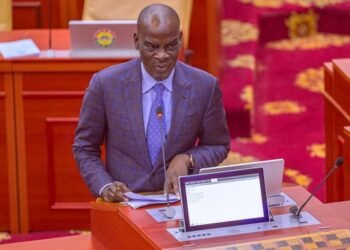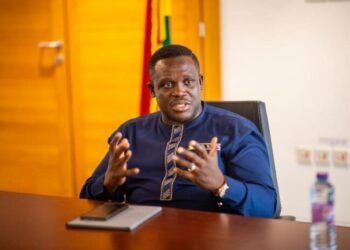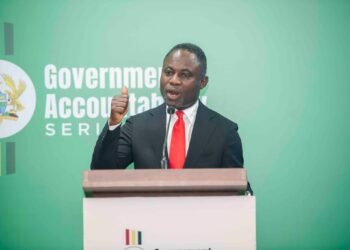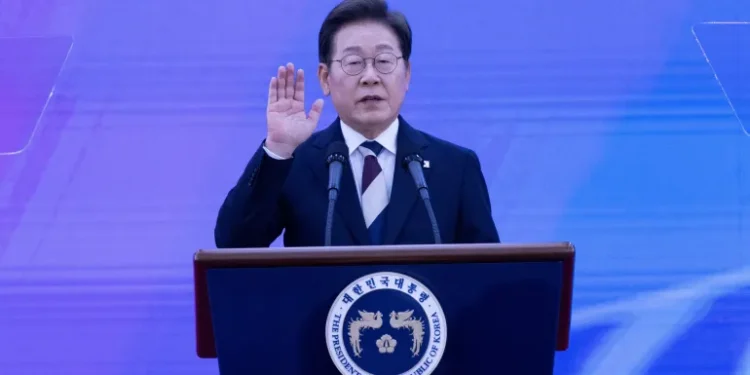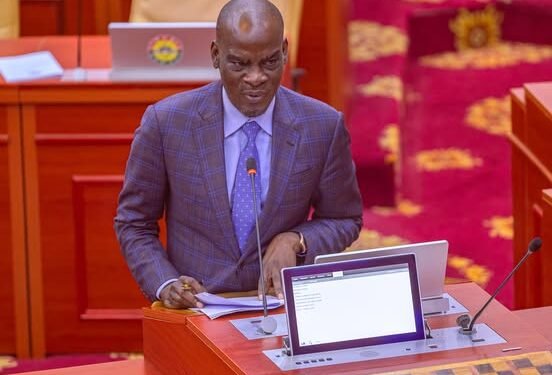In recent discussions among concerned citizens and public intellectuals, a growing consensus has emerged regarding the need for Ghana to reevaluate its practice of holding by-elections during general election years.
This concern stems from the perceived wastefulness and inefficiency of conducting separate elections for parliamentary seats when a general election is imminent.
Leading the charge in this argument is Professor Stephen Kweku Asare, a distinguished D&D Fellow in Public Law and Justice at the Ghana Centre for Democratic Development (CDD-Ghana).
Professor Asare in his recent argument posited that the current provision in Article 112(6) of the constitution, which prohibits holding a by-election within three months before a general election, does not go far enough in addressing the issue.
He thus proposed an amendment to Article 112(6) to state that “a by-election shall not be held in the year of a general election”.
The KPMG Professor in accounting at the Fisher School of Accounting, University of Florida further posited that under the proposed amendment, any savings resulting from avoiding a by-election, including salaries, ex gratia, and other perks for the Member of Parliament must be redirected to fund basic education in the constituency.
The proposal, he stated aligns with broader efforts to prioritise education and invest in the future of Ghana’s youth.
“The Ejisu MP will spend most of the next 7 months campaigning for the impending general election, and will be entitled to ex gratia. By-elections in an election year is wasteful. Say no to by-elections in a general election year”.
Professor Stephen Kweku Asare
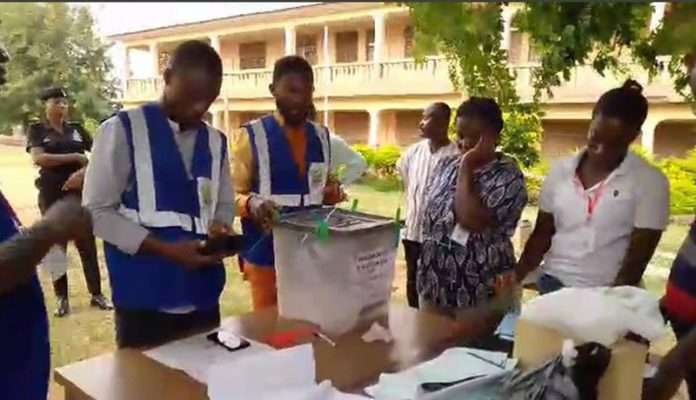
Addressing Parliamentary Vacancy
Moreover, Professor Stephen Kweku Asare, better known in Ghana as a public intellectual and scholar-activist and affectionately known as ‘Kwaku Azar” acknowledged the practical concerns surrounding the vacancy of a parliamentary seat during the interim period before a general election.
In suggesting ways to address such concerns, Professor Kweku Asare stated that the proposed constitutional amendment must allow the political party that suffers the vacancy to nominate a replacement for the Member of Parliament, rather than leaving the seat unfilled.
Professor Stephen Kweku Asare further asserted that such a solution would ensure representation for the constituency while avoiding the expense and logistical challenges of conducting a by-election that would financially burden the state.
Of particular concern to the D&D Fellow in Public Law and Justice at the Ghana Centre for Democratic Development (CDD-Ghana) is the recognition of the substantial costs associated with holding “unnecessary by-elections” in election years.
He emphasized that not only does the conduct of by-elections during elections strain the resources of the Electoral Commission and the country, but it also imposes significant financial burdens on political parties and candidates.
By foregoing such by-elections, Professor Kweku Asare stressed that the country could redirect such funds often meant for conducting by-elections towards more pressing needs, such as healthcare, infrastructure, and poverty alleviation programs.
In conclusion, it is important to state that the call for Ghana to refrain from holding by-elections during general election years is a sound and reasonable proposition put forth by Professor Stephen Kweku Asare.
It offers a pragmatic solution to a longstanding issue, balancing the imperative of democratic representation with fiscal responsibility.
As Ghana navigates its path towards progress and development, considering this proposal could yield substantial benefits for the country and its citizens.
READ ALSO: Ex-President François Bozizé Faces Arrest Warrant





